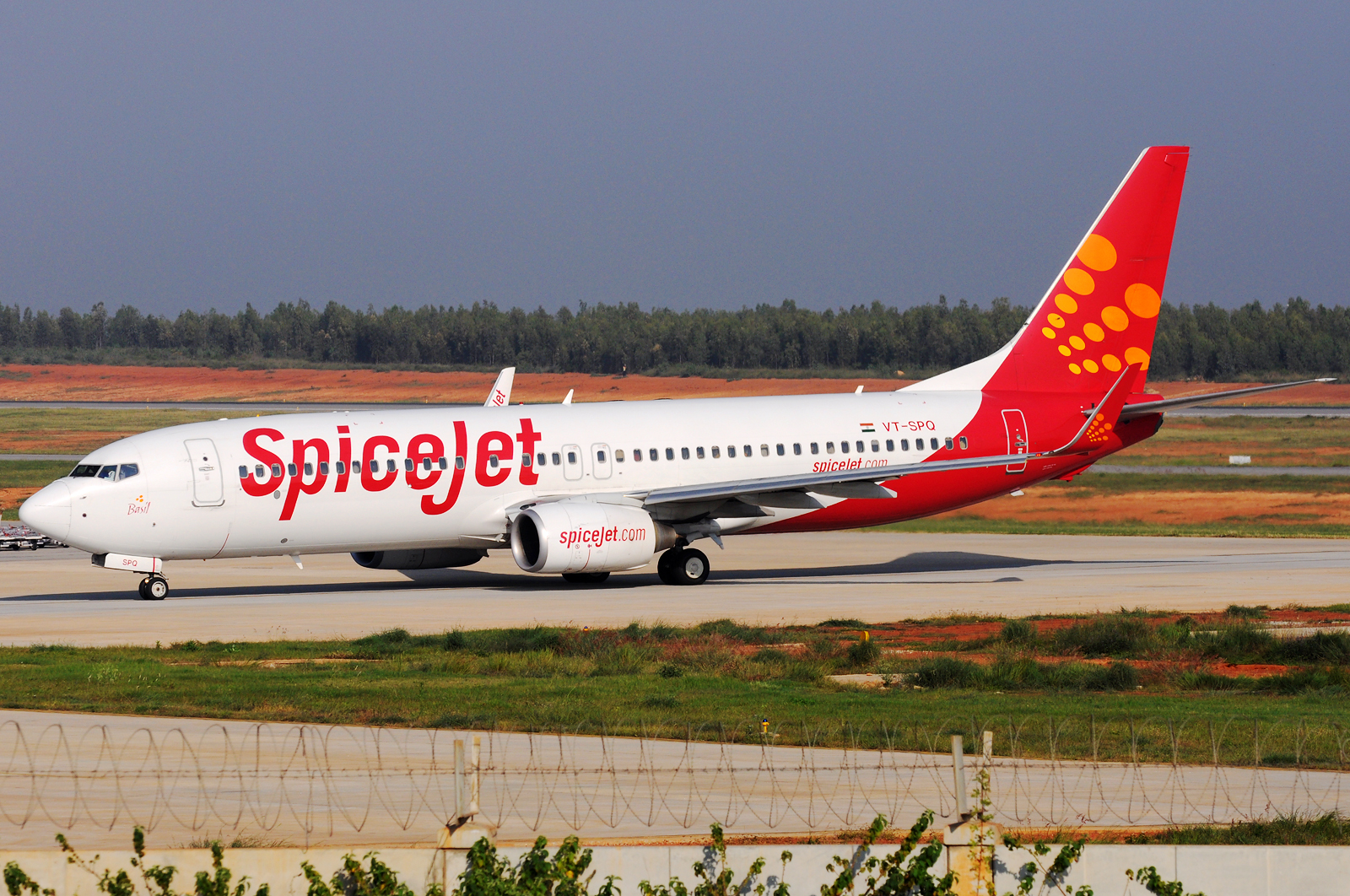By the numbers
A fortnightly financial analysis column by independent financial analyst Nupur Sarraf. The views are of the author and Bangalore Aviation may not subscribe to them in full or in part.[/bsu_note]
Jet Airways has once again turned to Etihad to raise funds. The Indian carrier is in talks with the Middle Eastern airline to raise Rs 1,950 to Rs 2,600 crores via convertible bonds. The deal is expected to be concluded by the end of fiscal 2015-2016 and poses questions on equity dilution and control.
Earlier in fiscal year (FY) 2014, Etihad acquired a 24% stake in Jet Airways for Rs 2,060 crores. The infusion was to help Jet bring down its debt levels of Rs 11,020 crore to Rs 9,000 crores. However, only 24% to 26% of the equity infusion was utilised towards debt repayment with the rest being eaten up by the enormous working capital requirements of the company.
The current proposal though, makes sense for both parties. The choice of convertible bonds is interesting as these not only carry a lower interest rate but also help navigate the Foreign Direct Investment landscape with issues of substantial ownership and control (unless there is a policy revision itself).
With Jet still facing headwinds amidst fast eroding net worth, management churn, high net debt, and a deteriorating leverage ratio (debt-equity ratio) from 1.03 in FY13 to 1.27 in FY14, and down to 1.52 in FY15, more funds are required to reduce its current debt levels and thereby ease its interest burden. Jet debt have risen once again to pre-Etihad levels, and the airline is flying with a debt of Rs 11,900 crores on its books. Given the intense competition in the market and dilution of yields, servicing of this debt is a challenge.
Reports indicate that the equity conversions are expected to be done by 2018–19 which will effectively raise Etihad’s stake in Jet up to the maximum permissible 49% from the current 24%. For Etihad, which already has dominance in the airline’s strategic, network planning, and high level management decisions, this deal will further consolidate its position in the Indian airline.
With the current shareholding pattern (promoter 51%; Etihad 24%; Financial Institutions 10.3%; the public 9.5% ; and FIIs 5.2%) and any conversion of the convertible bonds to equity will essentially result in equity dilution of the promoter’s holdings and the promoter losing all substantial control over Jet’s decisions. The only way around this would be additional infusion of funds by the promoter or no conversion. Will this happen? It appears unlikely.
However, with ATF at an all-time low, growing demand, strong operational performance, like good on-time performance, highest aircraft utilisation, for the second quarter (Q2) of FY16, Jet is likely to report a profit for the first time in five years. The nine months forecast for FY16 of Jet’s profit is estimated between Rs 400 to Rs 480 crores.
Jet’s comparatively large international presence, which contributes about 60% of its total revenues, will be critical as the domestic market intensifies with pricing pressures and significant capacity chasing demand. As the network with Etihad becomes more integrated the traffic flows should also strengthen.
That being said, this year will see additional capacity induction which will lead to revenue pressures. New entrant Vistara is already touting the fact that several loyal Jet passengers from the premium segment are switching over. Internationally, low cost carriers continue to capture more traffic from full services carriers and the advent of low-cost long-haul, such as the recent announcement of AirAsia X restarting India flights, will also eat into Jet’s revenue streams.
Overall, it will be interesting to see whether this manoeuvre will help Jet address debt pressures or if again the new equity infusion will be consumed by the significant working capital requirements. One can only wait and watch. It surely is interesting times ahead.
 Bangalore Aviation News, Reviews, Analysis and opinions of Indian Aviation
Bangalore Aviation News, Reviews, Analysis and opinions of Indian Aviation





Brilliant analysis.